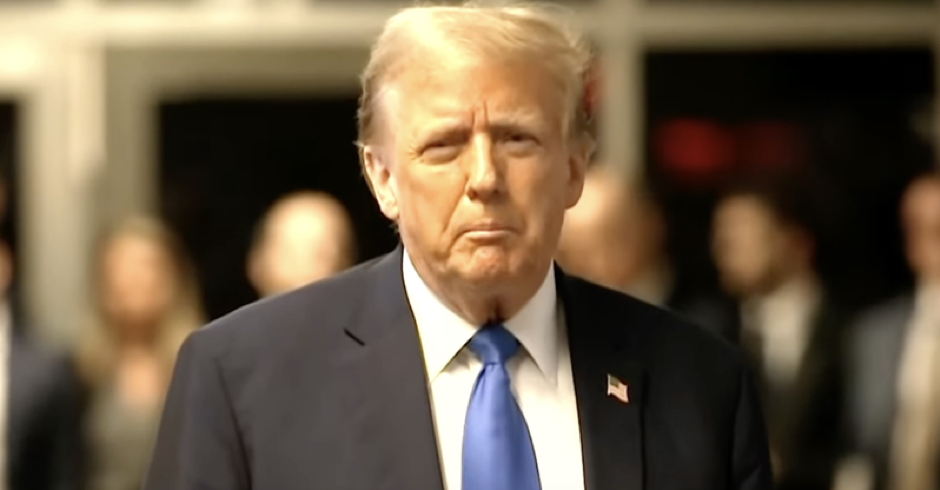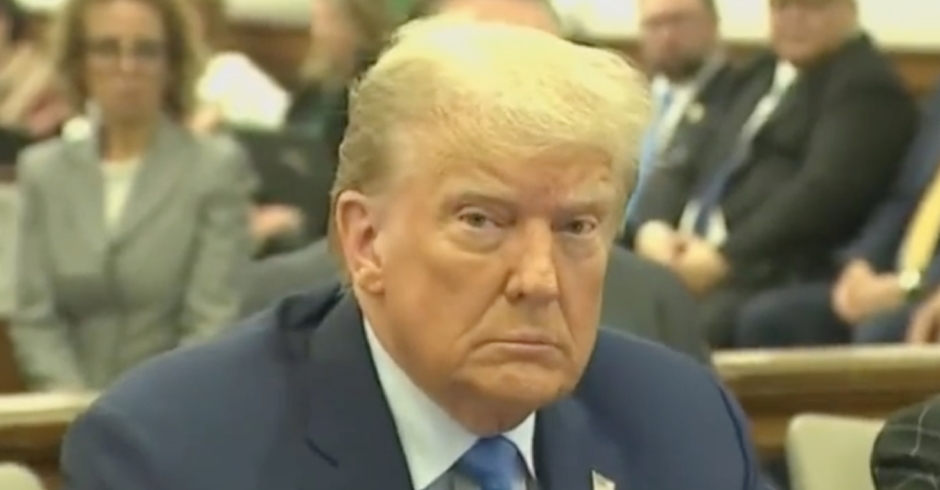Don’t Ask Don’t Tell: New Study Reveals Number Of Soldiers Who Quit Over DADT
A new study reveals the number of military service members who quit over the repeal of Don’t Ask, Don’t Tell — the ban on openly-gay people serving in the military — as this week marks the one-year anniversary of the repeal actually going into effect.
In 2010, one of the repeal of DADT top opponents, Senator John McCain, said, “I hope that when we pass this legislation that we will understand that we are doing great damage, and we could possibly and probably — as the commandant of the Marine Corps said and I’ve been told by literally thousands of members of the military — harm the battle effectiveness, which is so vital to the support, to the survival of our young men and women in the military.â€
That same year, Tony Perkins, president of the anti-gay hate group, Family Research Council, said, “When you’re in training situations, where you have an individual that has the power, really, of life and death, in some circumstances, over individuals, there can be a lot of coercion. And this can be a very dangerous situation and very intimidating situation. It’s just not healthy for the well-being of the military.â€
Nathaniel Frank, author of Unfriendly Fire: How the Gay Ban Undermines the Military and Weakens America, today writing at Slate, reveals the military’s troop loss over the repeal of Don’t Ask, Don’t Tell: two. Not two unit, not two hundred, or two hundred thousand, but two people.
During the debate over “don’t ask, don’t tellâ€â€”which ended one year ago this week—Sen. John McCain insisted that ending the gay ban would do “great damage†to the military, and the commandant of the Marine Corps said it could “cost Marines’ lives.†One think-tanker agreed that we’d be taking “a risk with our lives, property and freedom.†Another declared breathlessly that, “ultimately all of civilian life will be affected.†Then there was the dire prediction that one-quarter of the military, or 500,000 troops, might quit in protest.
Underlying the debate were competing moral visions, but the claims over harm to the military were where it often played out, on both sides. Gay rights proponents countered by pointing out that there was never any evidence that openly gay service would hurt the military, and thatplenty of research from foreign countries suggested the opposite. Even studies conducted by the U.S. military itself, and by the Government Accountability Office, suggested readiness would not suffer if gays served openly. The trouble was that the research was predictive, not descriptive. No one could actually say for sure what the impact on the military of ending DADT would be.
Until now. A new UCLA study, which I co-authored with other academics including military professors from all four U.S. military service academies, has assessed whether ending the gay ban has indeed harmed the armed forces. It hasn’t. Our conclusion is that ending the policy “has had no negative impact on overall military readiness or its component parts: unit cohesion, recruitment, retention, assaults, harassment or morale.â€
We surveyed 200 active-duty troops before and after repeal of “don’t ask, don’t tell†about cohesion in their units, and analyzed data from two other surveys. We also looked at recruitment and retention figures released by the Defense Department. We interviewed dozens of military scholars and officials, gay and straight troops, and policy experts, and we examined hundreds of media stories on the issue—reading every relevant piece we could find in a systematic search. We made a special effort to uncover any damage to cohesion, morale or readiness by reaching out to all known opponents of openly gay service. This included contacting anti-gay advocacy groups who would surely be listening for, and eager to publicize, any harm that occurred, and writing to over 500 retired generals who signed a 2009 letter predicting that repeal would “undermine recruiting and retention, impact leadership at all levels, have adverse effects on the willingness of parents who lend their sons and daughters to military service, and eventually break the All-Volunteer Force.â€(A “standards of evidence†discussion in the study explains how we weighed the different data types we found.)
In one survey, more than 750 active duty troops were asked three months after repeal about their morale, housing, perception of officer and troop quality, and overall quality of life—factors considered key components of military readiness. All the figures were the same or slightly higher than in a parallel survey administered in the months before repeal, meaning readiness did not drop after repeal. Recruitment and retention figures throughout the military have remained steady, and survey responses indicate that troops are just as likely to re-enlist after repeal as before. The military confirmed the premature departure of two service members—not 500,000.
Frank adds:
Lifting the ban, we found, improved the ability of the military to do its job by removing needless barriers to peer bonding, effective leadership and discipline.
In December of 2011, marking the one-year anniversary of President Obama signing into law the repeal act, The New Civil Rights Movement wrote an article titled, “Top 10 “Don’t Ask Don’t Tell†Repeal Lies That Never Came True,” highlighting the worst liars who fought repeal.
Tony Perkins, Senator McCain, Elaine Donnelly, Peter Sprigg, General Amos (who at least changed his opinion), General Mundy, Mackubin Thomas Owens, Frank Gaffney, Jr., and all the others whose lies diminished our service members, and our nation, we’re waiting. Apologize. It really is the very least you can do.
Not one ever has.
Â

Enjoy this piece?
… then let us make a small request. The New Civil Rights Movement depends on readers like you to meet our ongoing expenses and continue producing quality progressive journalism. Three Silicon Valley giants consume 70 percent of all online advertising dollars, so we need your help to continue doing what we do.
NCRM is independent. You won’t find mainstream media bias here. From unflinching coverage of religious extremism, to spotlighting efforts to roll back our rights, NCRM continues to speak truth to power. America needs independent voices like NCRM to be sure no one is forgotten.
Every reader contribution, whatever the amount, makes a tremendous difference. Help ensure NCRM remains independent long into the future. Support progressive journalism with a one-time contribution to NCRM, or click here to become a subscriber. Thank you. Click here to donate by check.
 |











